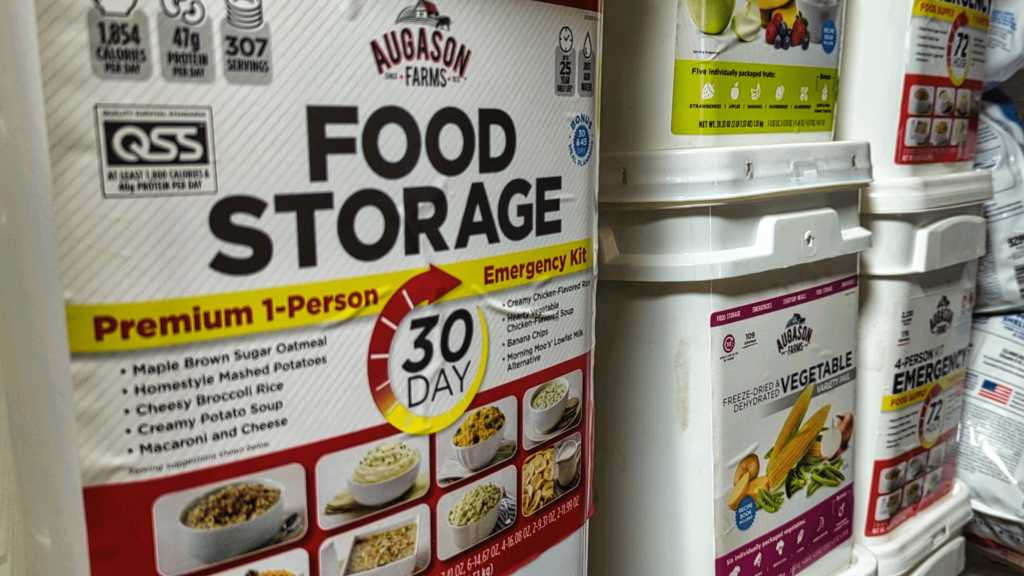
Prepping
Prepping is the practice of preparing for possible emergencies or disasters that may disrupt your normal life and threaten your survival. Not something crazy people in the south do. Preppers aim to be self-reliant and resilient in the face of various scenarios, such as natural disasters, pandemics, civil unrest, economic collapse, war, social breakdown, grid outages, etc. Preppers may stockpile food, water, medicine, weapons, and other supplies, as well as learn skills such as first aid, gardening, hunting, bushcraft, permaculture, or self-defense. Prepping is also a VERY important part of any business. You may have heard of BCP (Business Continuity Plan), or DR (Disaster Recovery) before. Heck, you may have even heard the IT Team say they managed to get your lost or corrupted file back from retrieving a backup. This is prepping.
The need to plan is essential for preppers, because planning can help you identify your goals, assess your risks, prioritize your actions, allocate your resources, and evaluate your progress. Planning can also help you avoid common mistakes, such as wasting money on unnecessary items, overlooking important details, or becoming overwhelmed by information. Planning can also help you cope with uncertainty, stress, and fear that may arise in a survival situation.
There are different types of plans that preppers may make, such as:
- Personal plan: This is a plan that outlines your personal situation, needs, preferences, and capabilities. It may include information such as your health condition, family members, pets, location, budget, skills, hobbies, or beliefs.
- Prepping plan: This is a plan that outlines your prepping goals, strategies, and actions. It may include information such as your threat assessment, risk analysis, preparedness level, survival scenarios, food storage plan , bug out plan , communication plan , or security plan .
- Contingency plan: This is a plan that outlines your alternative options or backup solutions in case something goes wrong or changes in your original plan. It may include information such as your escape routes , safe locations , emergency contacts , or backup supplies .
Some things to consider:
- Pool filter sand – useful for constructing water filters in emergencies. You can drill holes in a bucket, line it with a paint strainer bag or something similar and fill with the sand. You would need to then place this somehow over another bucket, pour water in the top, and it will trickle down through the sand and come out through the holes into the lower bucket. It’s not biologically pure, but it should get rid of a lot of “the big bits” that might be in your water. Pool filter sand is commonly used to filter out dust, debris, and small particles from pool water. It can filter particles down to 20 microns, which is approximately 0.0008 inches. You can buy pool filter sand from home improvement stores or online.
- Bulk activated carbon – similar to the above; This could be used similarly as another stage in your filtration, i.e. first put water through the sand, then put that water through the bucket with the carbon, should remove some chemicals and perhaps improve the taste. Activated carbon is an effective adsorbent because it is a highly porous material and provides a large surface area to which contaminants may adsorb. It can remove free chlorine, chloramines, trace organic impurities, and even some PFAS from water. You can buy activated carbon in bulk from online suppliers or specialty stores.
- Folding table – they fold in half and make a great shelter for a small generator in bad weather. Put a tarp over the table and anchor with cinder blocks to keep it down in the wind. A folding table can provide a simple and sturdy cover for your generator when you need to use it outdoors. It can protect it from rain, snow, dust, and debris. You can find folding tables in various sizes and materials at department stores or online. A folding table can obviously be used for various other things as well.
- Bicycle anchor for generator – e.g. Kryptonite Stronghold anchor, bolted into concrete slab, with some heavy chain, to keep your generator from walking away. A bicycle anchor is a device that secures your bike to an immovable object using a lock and a chain or cable. You can use it to secure your generator as well, especially if you have to leave it unattended or in a public place. A bicycle anchor can prevent thieves from stealing or tampering with your generator, or at least slow them down or not make it worth their time.
- Failed circuit alarm – This can let you know the instant someone tries to unplug your gear to steal the gennie. Makes a loud squeal when it loses power. A failed circuit alarm is a device that plugs into an outlet and monitors the power supply. If the power is interrupted or cut off, it emits a loud alarm sound to alert you of the problem. You can use it to monitor your generator circuit and deter potential thieves from unplugging your equipment. You can buy failed circuit alarms from hardware stores or online.
- Collapsible bucket – if you have to filter water, it’s often not convenient or wise to be doing that right at the water’s edge. A 10 liter collapsible bucket (e.g. Sea to Summit) can let you collect water and then retreat to some other location to do the filtering. You can also allow the water to settle in the bucket to save your filter. A collapsible bucket is a bucket that can be folded flat when not in use, making it easy to store and carry. It can hold water or other liquids and has a handle for easy transport. You can use it to collect water from various sources and then filter it at a safer or more comfortable location. You can also let the water sit in the bucket for a while to let some of the sediments settle at the bottom before filtering it. This can extend the life of your filter and improve the quality of your water. You can buy collapsible buckets from camping stores or online.
- Headlamps – often more useful than flashlights, as they let you keep both your hands free as you work. A headlamp is a light source that is attached to a strap that goes around your head. It allows you to illuminate what you are looking at without having to hold anything in your hands. This can be very useful when you need to work on something, read something, or move around in the dark. You can adjust the brightness and direction of the light according to your needs. You can buy headlamps from sporting goods stores or online.
- Incandescent flashlight – EMP proof, getting more rare now that everything is LED, but a good old fashioned incandescent flashlight is pretty bomb proof in terms of EMP – no microcircuitry to blow out, it’s so simple. An incandescent flashlight is a flashlight that uses a filament bulb to produce light. It is powered by batteries and has a simple switch to turn it on and off. It is less susceptible to damage from an electromagnetic pulse (EMP) than a LED flashlight, which uses a semiconductor diode to produce light and has more complex circuitry. An EMP is a burst of electromagnetic energy that can disrupt or damage electronic devices. It can be caused by natural phenomena, such as lightning or solar flares, or by man-made sources, such as nuclear weapons or high-altitude explosions. An incandescent flashlight can be a reliable backup light source in case of an EMP event. You can buy incandescent flashlights from hardware stores or online.
- Bicycle trailer – bikes will be the way to get around no matter what the state of the world is. But how will you carry stuff, like, say, water? A flatbed (or whatever) trailer will let you maximize your bike’s potential. A bicycle trailer is a wheeled frame that attaches to the rear of a bicycle and allows you to carry cargo behind you. It can be used to transport various items, such as water, food, supplies, tools, or even people. It can increase your mobility and range in a situation where other modes of transportation are not available or feasible. You can buy bicycle trailers from bike shops or online.
- Get in Shape – It’s no surprise this is on the list. Being fit can make a huge difference in your ability to survive and thrive in a disaster situation. Fitness improves your general health, mood, reduces the need to rely on medications, and helps to lower the risk of chronic diseases. Fitness also enchances your endurance, stamina, strength, and power. Your diet plays a major role in your fitness and health. You should eat a balanced diet that provides you with enough calories, protein, carbohydrates, fats, vitamins, minerals, and water to fuel your body and support your recovery. You should avoid processed foods, added sugars, saturated fats, trans fats, salt, alcohol, and caffeine as much as possible. It’s a good thing this is a community of gardeners. You should also drink plenty of water before, during, and after your exercises to prevent dehydration.
- Salt – Right now it’s cheap and easy to get. Not exactly the case if something happens. Salt is essential for human health, salt enhances the flavour of various foods, it preserves food, and contains a myriad of other benefits and uses. It lasts forever and is easy to store. Salt also has Medicinal uses; It helps treat various ailments and injuries in a survival situation. Salt can help rehydrate and restore electrolyte balance in the body by making a simple salt and sugar solution that can be drunk or administered orally or intravenously. Salt can also help heal wounds, infections, sore throats, toothaches, and gum problems by making a warm salt water rinse or gargle that can be applied to the affected area. Salt can also help relieve pain, inflammation, and swelling by making a salt compress or poultice that can be placed on the injured or inflamed part of the body. Salt can be used to make soap by mixing it with fat and lye. Salt can also be used as a cleaning agent by mixing it with water or vinegar to remove stains, odours, rust, or grease. Salt can also be used as a fire starter by sprinkling it on damp wood or charcoal to help them ignite faster.
Prepping can seem like an expensive hobby, but there are ways to do it on a budget and still be prepared for various scenarios. Here are some tips and resources that might help you:
- Do your research and make a plan. Before you start buying anything, you should do some research on what kind of threats or disasters you are most likely to face in your area. It’s also a good idea to look out for what kind of skills and supplies you will need to survive said disasters and threats, and what kind of goals you have for your prepping. You can find a lot of information online, in books, or from other community members and eventually from this site directly.
- Make a budget and stick to it. Making and sticking to a budget is going to help you be the most successful in your prepping. Going out and spending thousands of dollars on a generator or solar setup is great if you can afford it and have your food storage in order already. But it might not be the most practical for your situation. You should set a realistic amount of money that you can spend on prepping each month, and allocate it to the most important or urgent items first. You can also use tools like Rakuten to get discounts and cashback on your online purchases from thousands of stores.
- Start with food and water. Food and water are the basic essentials for survival, and they should be the first things you focus on when prepping on a budget. You don’t have to buy expensive freeze-dried foods or MREs, you can start with canned foods, dry goods, and bottled water that you can find at your local grocery store or online. You can also look for sales, coupons, bulk discounts, or clearance items to save money. You should aim to have at least a 72-hour supply of food and water for each member of your household, and then gradually build up to a longer-term supply as your budget allows.
- Determine your priorities. After food and water, you should determine what other items are most important for your prepping needs. This will depend on your location, climate, threat assessment, personal preferences, and goals. Some common items that preppers might need are:
- Shelter: You should have a backup plan for shelter in case you have to leave your home or your home is damaged by a disaster. This could be a tent, a tarp, a sleeping bag, or even a bicycle trailer that you can use to transport your belongings.
- Protection: You should have some means of protecting yourself and your family from potential threats, such as looters, wild animals, or hostile groups. This could be a firearm, a knife, a pepper spray, or even a bicycle anchor that you can use to secure your generator or other valuables.
- Communication: You should have some way of staying informed and communicating with others in case of an emergency. This could be a radio, a phone, a ham radio, or even a failed circuit alarm that you can use to alert you if someone tries to steal your generator or unplug your equipment.
- Hygiene: You should have some basic hygiene items to keep yourself clean and healthy in case of a disaster. This could be soap, toothpaste, toilet paper, sanitary pads, or even pool filter sand and bulk activated carbon that you can use to filter water.
- First aid: You should have some basic first aid items to treat minor injuries and illnesses in case of a disaster. This could be bandages, antiseptics, painkillers, antibiotics, or even some herbs or plants that have medicinal properties.
You don’t have to buy everything at once, but you should have a list of the items that you want to acquire and work on them one by one as your budget allows.
- Do it right the first time. One way to save money on prepping is to avoid buying cheap or low-quality items that will break down or fail when you need them the most. You should do your research and read reviews before buying anything, and look for products that have good durability, functionality, and warranty. You should also test your items regularly and maintain them properly to ensure they work when you need them. Sometimes it’s better to invest in one good item than several bad ones.
- Find groups to join. Another way to save money on prepping is to join groups or communities of like-minded people who can share their knowledge, skills, resources, and support, like Rynue :). You can benefit from the collective wisdom and experience of other preppers, learn new skills, trade or borrow items, and have a network of allies in case of a disaster. You can also have fun and make new friends along the way.
- Put small things together often. Prepping on a budget doesn’t mean you have to buy everything in bulk or in one go. You can also save money by buying small things often and putting them together to make something bigger or better. For example, you can buy a few cans of food every time you go to the grocery store and add them to your food storage. You can buy a few batteries or matches every time you go to the hardware store and add them to your emergency kit. You can buy a few seeds or plants every time you go to the nursery and add them to your garden. You can also reuse or repurpose items that you already have or find for free, such as plastic bottles, cardboard boxes, or old clothes. You can turn them into useful items such as water containers, storage bins, or insulation.
- Practice basic survival skills. Prepping on a budget is not only about buying things, it’s also about learning things. You should practice basic survival skills that will help you survive in any situation, such as fire making, water purification, shelter building, navigation, first aid, self-defense, and more. You can learn these skills from books, videos, courses, or other preppers. You can also practice them in your backyard, in a park, or in a camping trip. The more you practice, the more confident and prepared you will be.
Digital preps are the preparations that you make to protect, preserve, and access your digital information and devices in a disaster or emergency situation. Digital preps can include things like:
- Backing up your data. You should have copies of your important files, documents, photos, videos, contacts, passwords, etc. in different locations and formats. You can use external hard drives, flash drives, cloud services, or even printouts. You should also encrypt your backups and keep them in secure places.
- Securing your devices. You should protect your devices from unauthorized access, theft, damage, or loss. You can use passwords, biometrics, encryption, VPNs, firewalls, antivirus software, etc. You should also have a way to remotely wipe or lock your devices if they are lost or stolen.
- Preparing for power outages. You should have alternative ways to power your devices in case the grid goes down, or you have to bug out. You can use solar panels, generators, batteries, power banks, car chargers, etc. You should also conserve your power usage and prioritize your essential devices.
- Storing useful information. You should have access to useful information that can help you survive and thrive in a disaster situation. You can download offline versions of websites, apps, books, maps, guides, manuals, etc. that cover topics such as survival skills, first aid, gardening, cooking, etc. You can use devices such as Internet-in-a-Box that bring the best of the world’s free knowledge to those who are offline.
- Communicating with others. You should have ways to communicate with your family, friends, and community in case the regular channels are disrupted or monitored. You can use radios, ham radios, satellite phones, mesh networks, encrypted apps, etc. You should also have a communication plan that specifies who to contact, how to contact them, and what to say.
Digital preps are important because they can help you:
- Preserve your identity and privacy. Your digital data and devices contain personal and sensitive information that can be used against you by hackers, thieves, or hostile groups. By securing and backing up your data and devices, you can prevent identity theft, fraud, blackmail, or harassment.
- Access your resources and assets. Your digital data and devices contain valuable resources and assets that can help you survive and recover from a disaster. These include your bank accounts, insurance policies, medical records, legal documents, etc. By securing and backing up your data and devices, you can access your resources and assets when you need them.
- Learn new skills and knowledge. Your digital data and devices contain useful skills and knowledge that can help you cope with various challenges and scenarios. These include survival skills, first aid skills, gardening skills, cooking skills, etc. By storing and accessing useful information offline or online, you can learn new skills and knowledge when you need them.
- Stay informed and connected. Your digital data and devices enable you to stay informed about the situation and connected with others who can help you or who need your help. By preparing for power outages and communicating with others using alternative methods, you can stay informed and connected when the regular channels are unavailable or unreliable.
Digital preps are not only about buying gadgets or downloading apps, but also about developing habits and skills that can make you more resilient and adaptable in a disaster situation. Rynue will also help solve this by creating a course to teach everyone how to do this properly.


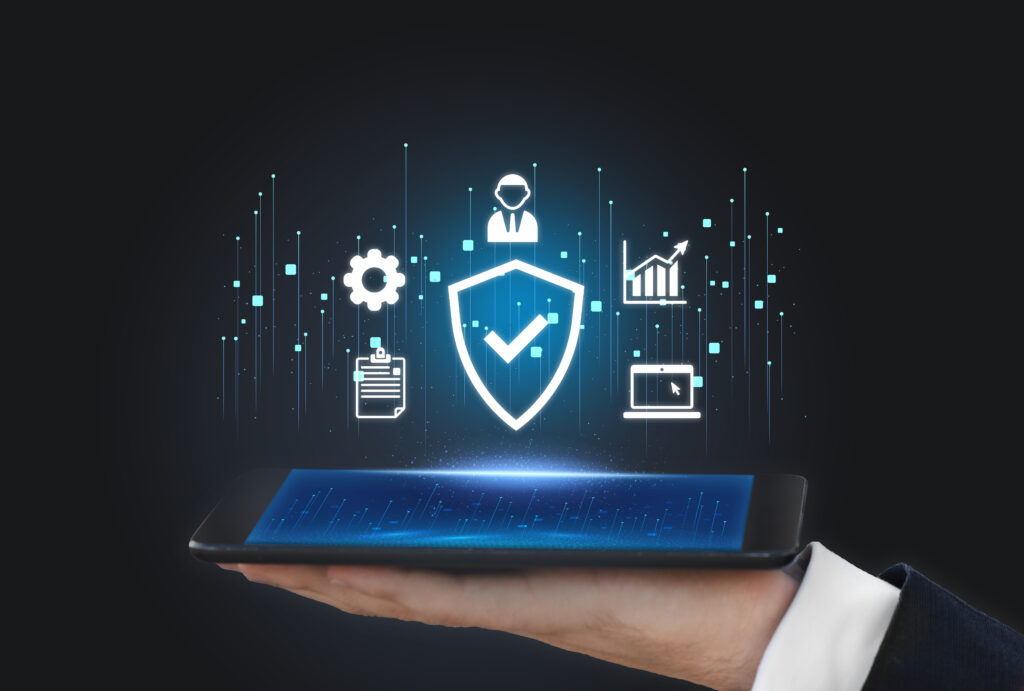
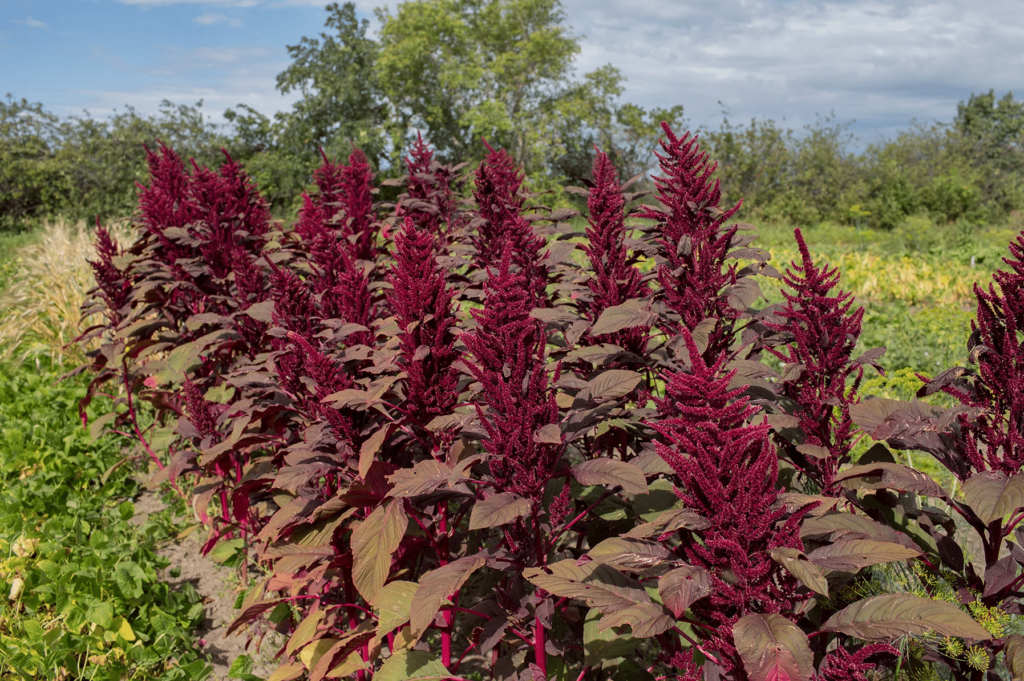
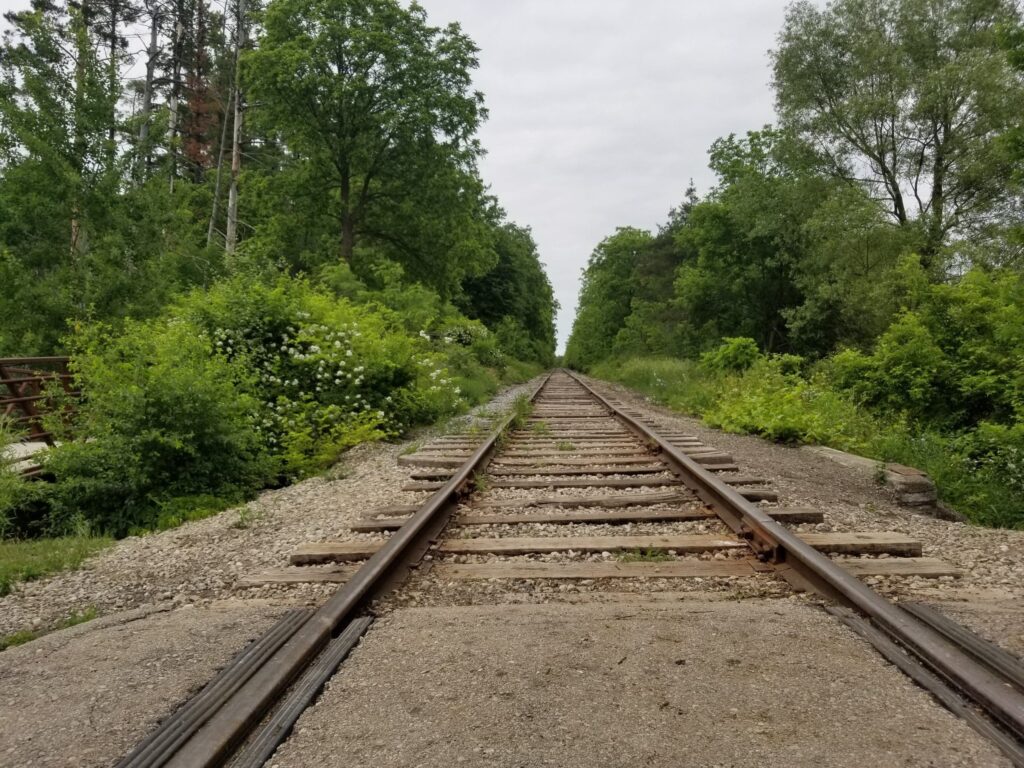

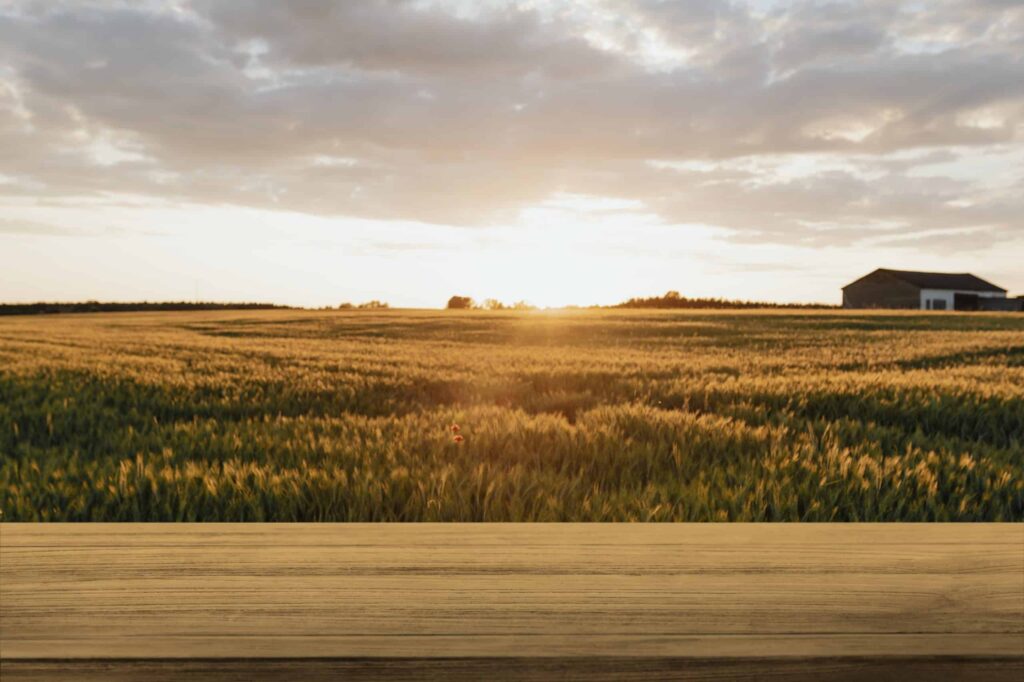
Responses